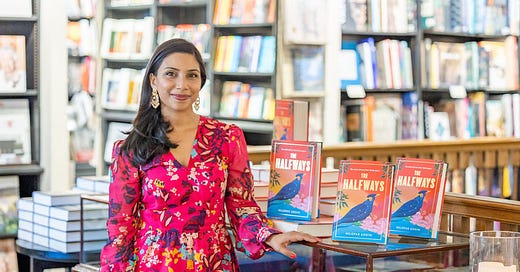A Few Things: Disorder, BS in Investing, Contrarian Idea Of The Week, On Markets, The Mind of Demis Hassabis, Mike Chalfen on Venture and Mike Saylor on Crypto.....
July 15, 2022
I am sharing this weekly email with you because I count you in the group of people I learn from and enjoy being around.
“Too often we enjoy the comfort of opinion without the discomfort of thought.”
- John F. Kennedy
“Education is a progressive discovery of our own ignorance”
- Will Durant
“Facts do not cease to exist because they are ignored”
- Aldous Huxley


